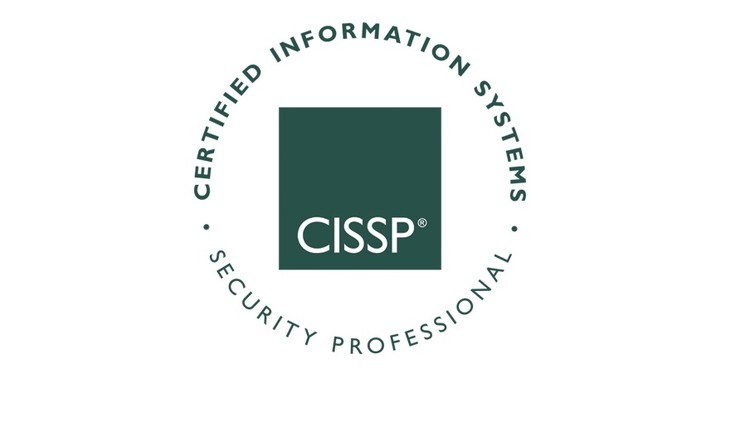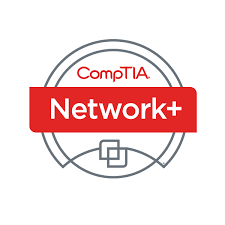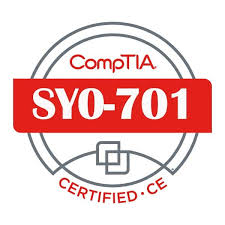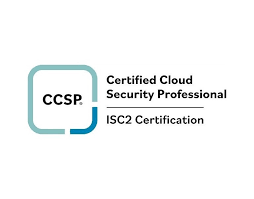Certified Information Systems Security Professional (CISSP)
The CISSP certification, offered by (ISC)², is a globally recognized credential for information security professionals. It validates your expertise in designing, implementing, and managing a best-in-class cybersecurity program. CISSP is ideal for experienced security practitioners, managers, and executives who want to advance their careers in cybersecurity leadership.

$3999
One-time payment
This course includes:
- 40 hours of Live Virtual Training
- Hands-on experience
- On-Demand Self-Learning
- Practical, hands-on learning experience
- Boost Your Skills, Elevate Your Career!


